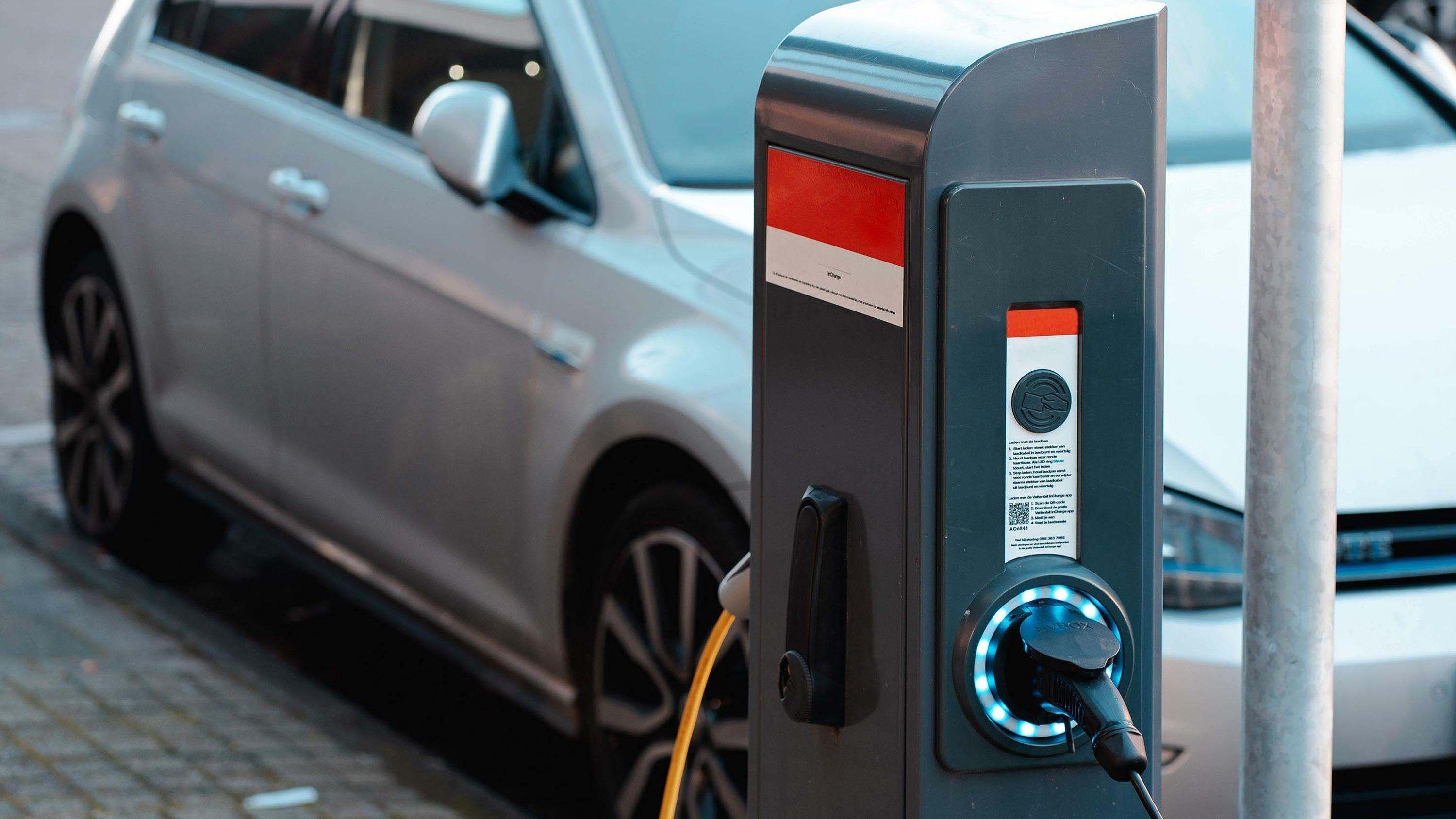
Türkiye’s automotive industry is adapting to the European Union’s ambitious green transformation efforts in a bid to stay competitive and enhance its export potential, a sector representative told state-run Anadolu Agency.
The EU is moving forward with its industrial action plan for the auto sector by establishing three large-scale cross-border test sites and regulatory testing zones, as well as increasing the readiness and commercialization of self-driving cars.
Cengiz Eroldu, chairman of the Automotive Manufacturers’ Association of Türkiye, said the EU’s green transformation efforts mean both bearing responsibility and a great opportunity for the Turkish auto sector, not only as an environmental compliance issue but also as a strategic transition, noting that the association’s members have already taken steps towards producing alternative fuel vehicles.
“Our industry is producing hybrid, battery-electric, and internal combustion engine technologies together in flexible systems — this multi-technology approach will respond to the needs of the domestic Turkish market, but it will also enable us to export to countries with varying regulations, especially in Europe,” he said.
He mentioned that the Turkish auto sector needs to monitor the EU’s recent measures against Chinese EVs, as these measures may expand.
Eroldu said vehicles produced and exported from Türkiye to the EU are duty-free due to the Customs Union between the two bodies, allowing Turkish auto exports to the bloc to be registered with the European Community (EC) Certificate of Origin.
“These enable Türkiye to become a potential production and export base for third-country manufacturers, and we can already see traces of this trend with recent investments of Chinese firms, but it is important to monitor the EU’s potential to develop various policies on rules of origin even if it may not directly impose tariffs,” he said.
Eroldu noted that for the certificate of origin, some inspection practices and/or additional taxes or financial obligations may be imposed on certain products that are sourced from third countries. He said the EU may impose such policies, emphasizing that manufacturers planning to invest in Türkiye should establish a production system to ensure their products are of Turkish origin.
“It is necessary to use domestic parts and carry out essential manufacturing processes in Türkiye to strengthen our contribution to the supply chain; otherwise, the access of these productions to the EU market may become limited," he said.
“As Türkiye, we see this as an important threshold to attract foreign investment and to increase the sustainability and the strategic contribution of future investments,” he added.